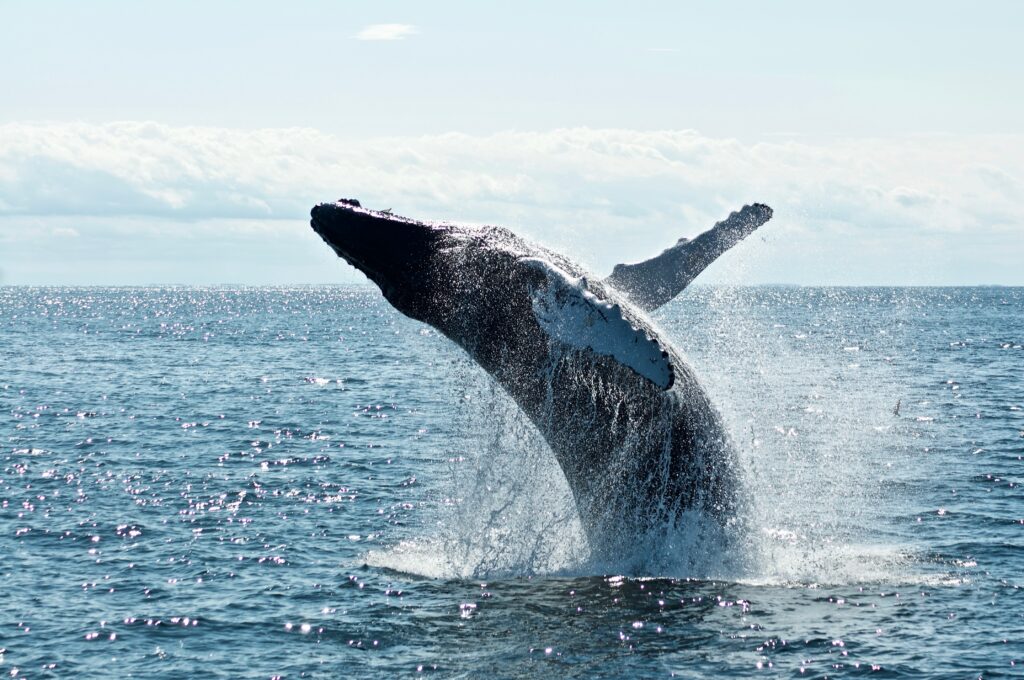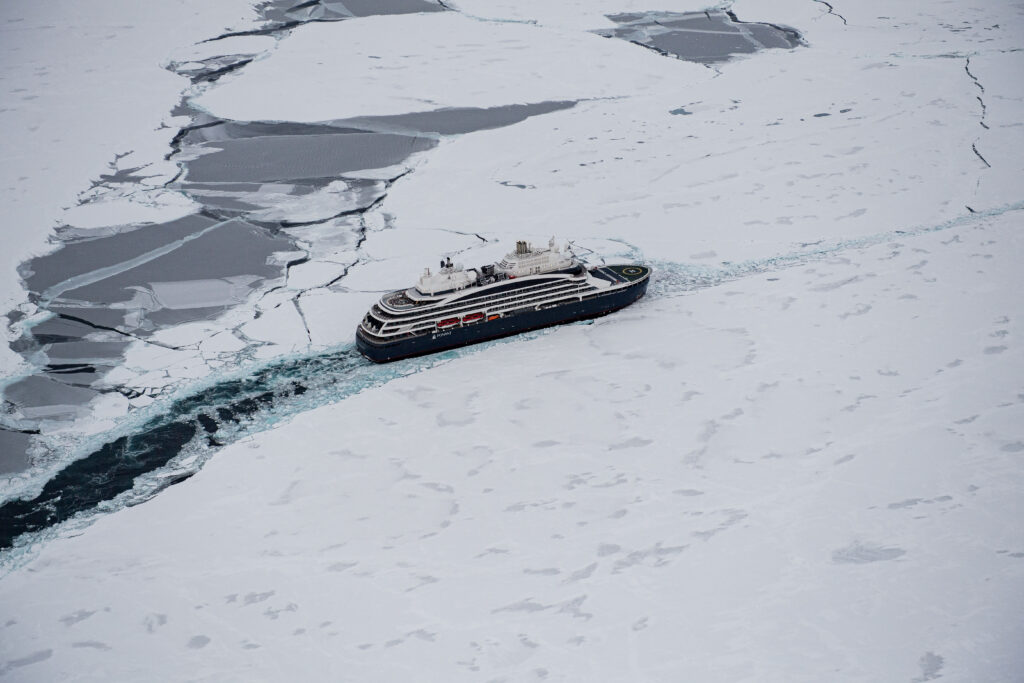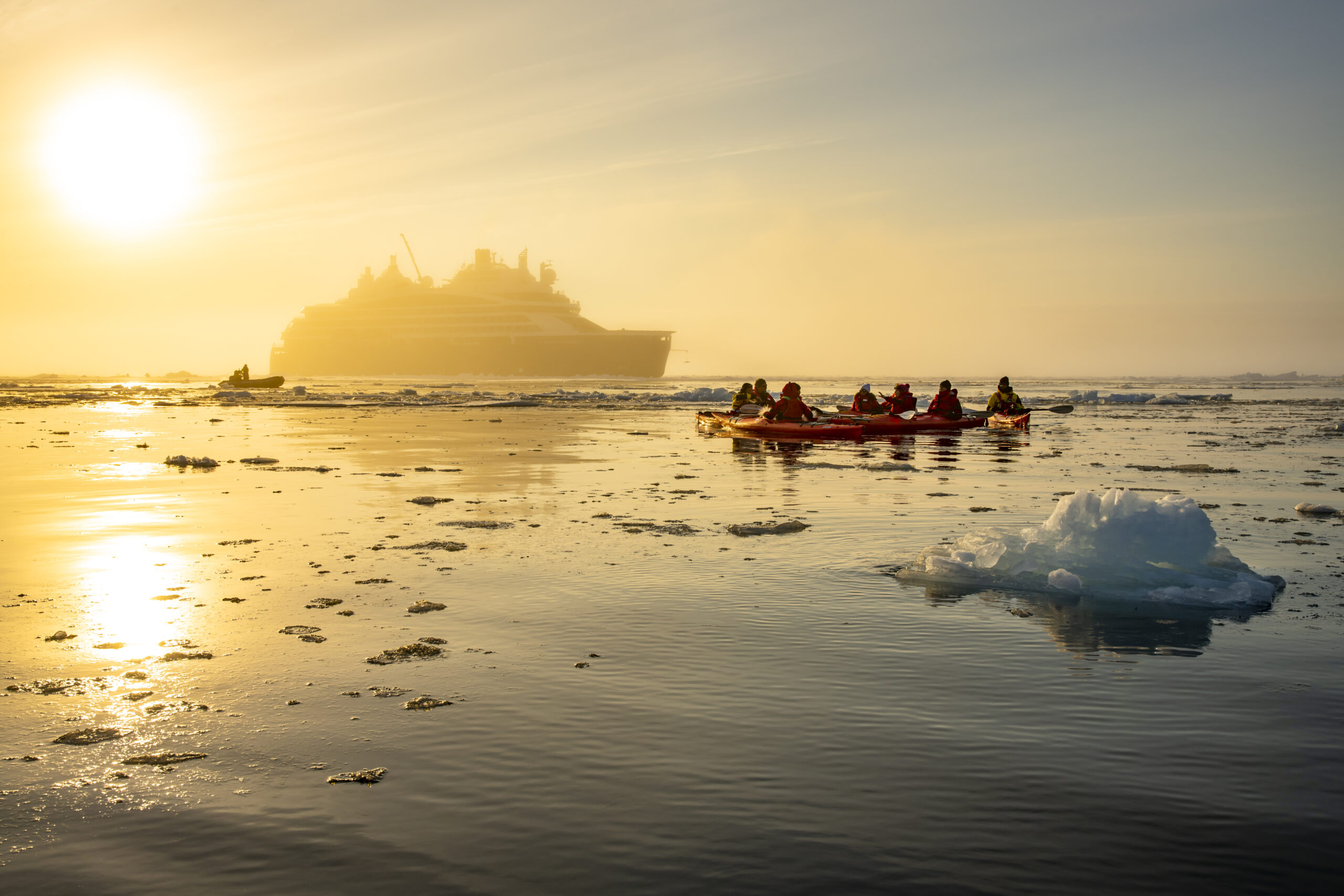VISIONARY cruise executive Gerry Herrod, who passed away earlier this month, is largely credited with birthing the modern expedition cruise sector in the 1990s. As Cruise Lines International Association Managing Director Joel Katz put it, Herrod correctly estimated the expanding enthusiasm intrepid travellers had for visiting exotic places their friends hadn’t been to, and pushing the boundaries of what was possible in cruising. “[He] was a true visionary who anticipated the growing desire for experiential and authentic travel experiences as he created what some say would become the modern expedition cruise sector,” said Katz, who was given his first job by Herrod.
Thirty years later, and the frontier of the cruise industry is again being challenged – but this time, it’s happening aboard the ships themselves.
As the world changes around them, travellers too are changing, developing a hunger to return from their holiday feeling like they have been a net gain for the destination they visited, rather than the alternative.
Instead of returning with mere bragging rights, travellers to the world’s most precious destinations are embarking armed with the will to make a difference, Aurora Expeditions’ Dr. John Kirkwood explains. “Our travellers ultimately give back and become ambassadors for the planet,” he described.

Science on board expedition ships, particularly citizen science, is becoming increasingly popular, Kirkwood noted. A resident naturalist aboard Aurora’s Sylvia Earle, Kirkwood said he last week had 30 passengers participating in his seabird program – and this is just one of the 23 citizens science programs the cruise line operates on board its vessels. In addition to clean-ups in Iceland and Norway, Aurora has partnered with the government of Svalbard to better understand the archipelago’s megafauna, recording every animal its expeditions encounter. “We’ve come a long way in citizen science,” he explained. “Scientists and the expedition sector are really starting to understand each other.”
Likewise, Chimu Adventures’ Happywhale study is improving scientific recognition of whale behaviour and distribution by tracking individuals across the world’s waters. Passengers are invited to partake by snapping photos of their whale sightings (an invitation which very rarely requires prompting) and sending them to Happywhale, noting when and where they were taken. Once they return home, passengers can even “follow” the whales they saw on their vacation. This citizen science program leads to real discoveries about “whale superhighways” – findings which led to an authorisation at last year’s International Association of Antarctica Tour Operators annual general meeting. “One of the things got ratified was inserting whale slowdown zones in parts of Antarctica,” Chimu co-founder and Managing Director Chad Carey explained. “That’s come from this information, from knowing more where the whale superhighways are, what time of year, so that research is I think is going to be one of the most important parts of climate science at the moment.”

As this understanding between the expedition and science communities expands, and cruise lines further comprehend the opportunity they can offer, onboard scientific programs have graduated from a unique selling point to constructing vital, research-grade facilities on board. Last year, Chimu aided an expedition to study the colossal squid in Antarctica in December, alongside ocean exploration nonprofit Kolossal. The expedition attempted to find and film what is thought to be the largest known invertebrate in its natural habitat for the first time.
Although Carey is allowing Kolossal to share the news first, he is expecting the findings to be interesting. “All I can say is, yeah, there was some great footage gained from that expedition, and they’re keen to come down next year, because I think they found a lot more than they’re expecting,” he enthused.
However, the opportunity to travel aboard an expedition vessel is not just unique professional prospect for scientists. Ponant Research & Development Engineer Vladislav Sidorenkov-Duprez explains the cruise line’s Le Commandant Charcot is a ship of exceptional opportunity for scientists, due to her being one of the very few vessels able to reach the most remote places in the Arctic and Antarctic – destinations where climate is changing very quickly and were in-situ data are very rare. “These labs are home to the first tests of new equipment and analysis methods on the field without the need of chartering an expensive research vessel,” he said. “Le Commandant Charcot operates the same trips several times per season, and year on year, which creates the possibility of continuous recording on a long timeline and a precise area, which is quite rare with research vessels.”

What is yet to be universally agreed upon is whether all the good work being done aboard expedition ships grants the sector and its operators unfettered access to work in such precious destinations, particularly as the fight to net-zero begins to crystallise.
“I’m not sure that this justifies it,” Carey believes. “What I’m focused on is trying to find a vessel where we can get to zero emissions, or at least a clean energy vessel, because if we can’t do that in the coming five-to-10 years, I’m not sure we should be continuing to go down there with the climate emergency that we’ve got.”
Although this is a future prospect which many cruise lines are working on, Sidorenkov-Duprez believes right now, if all expedition ships had independent scientists on board, the knowledge of the areas we are sailing to would increase “tenfold”.
“To me, that is the future we need to aim at.”







